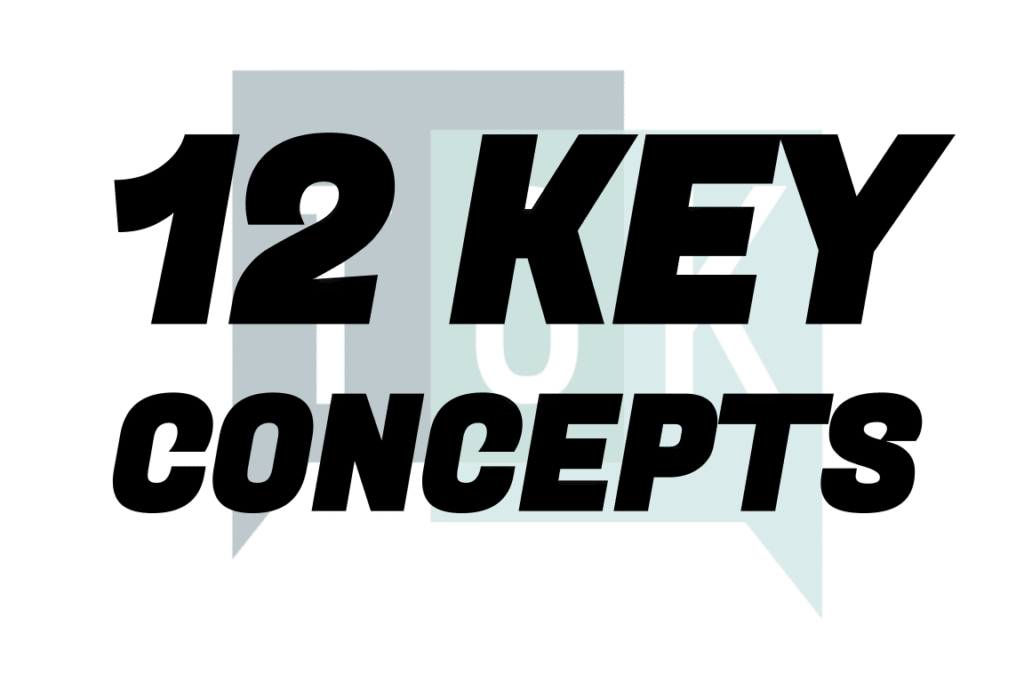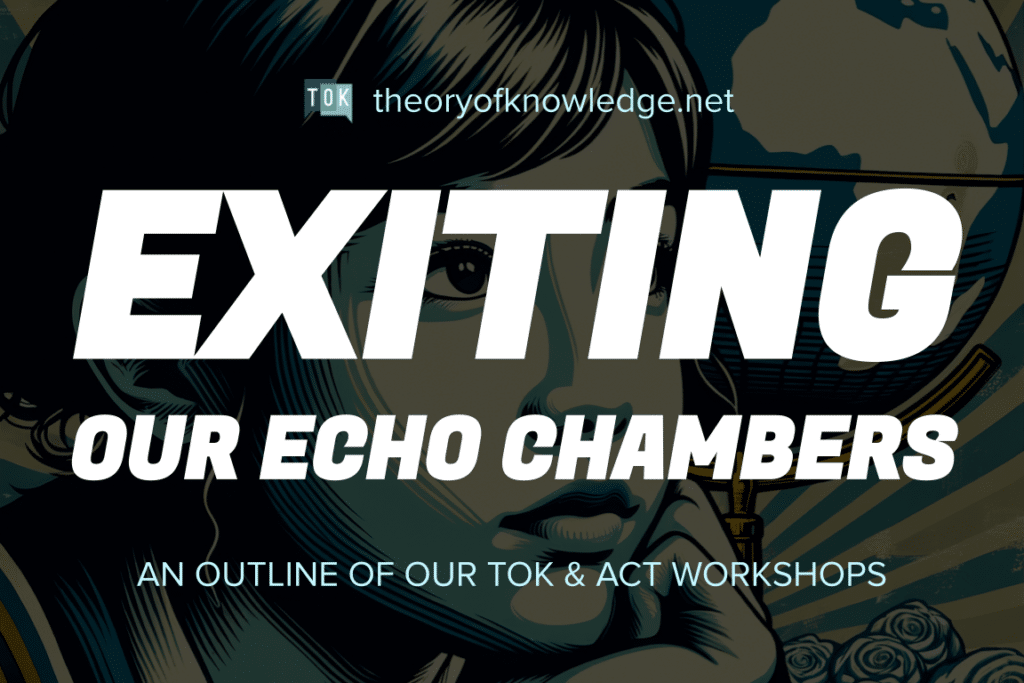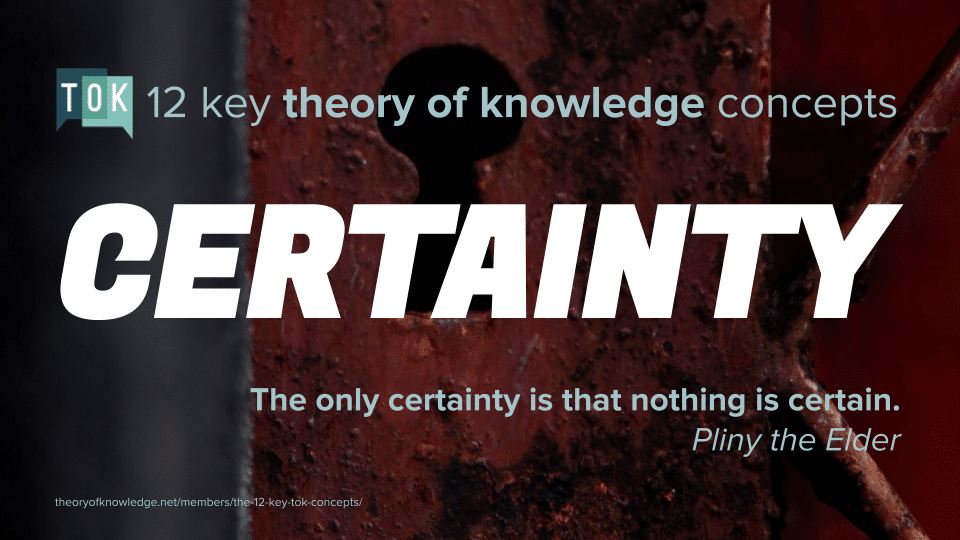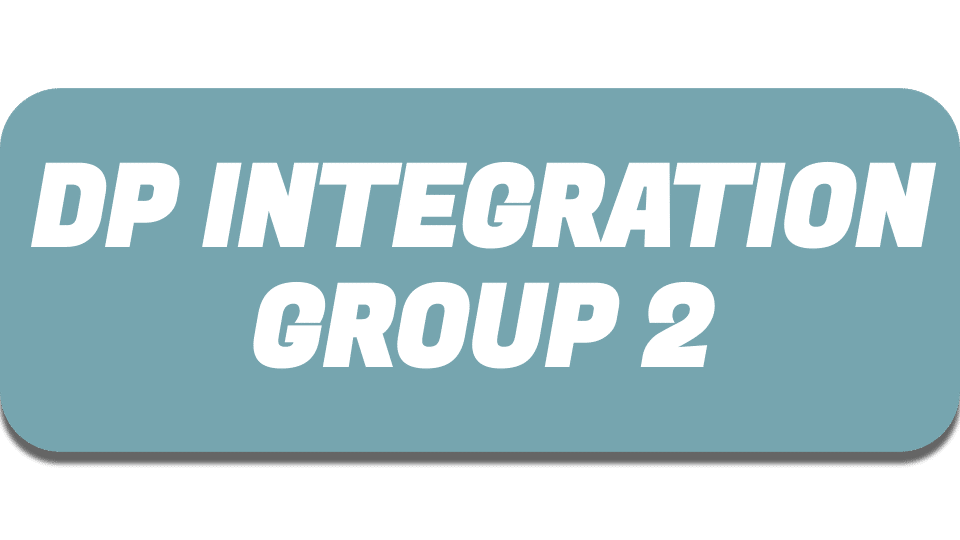
The key concepts are 12 ideas of particular significance that provide us with an effective way of scaffolding thoughts about the course and its relationship with the real world, and help us integrate TOK with the rest of the DP.
Faculty member can explore the key concepts via a set of padlets, which also indicates how each concept links to the AOKs and themes. We update the padlets every month by adding new media sources and unpacking suggestions.
What are the 12 key concepts?
The 12 key concepts are ones that have been identified as having a particular significant relationship to knowledge. Understanding, exploring, and using these concepts will help students to understand the way knowledge is produced and used, within all the different elements of the TOK course – the core and optional themes, and the areas of knowledge.
Students should refer to them as much as possible in the two assessment tasks. We’ve identified related exhibition prompts (IAPs) for each key concept, and indicated how they connect. Finally, they are also very useful to us when integrating TOK with the rest of the DP, and below you’ll find links to help non-TOK teachers use these concepts in their own classrooms.
Join us to access the key concept padlets
Access the KC padlet for evidence padlet below. To gain access to the other key concept padlets, become a faculty member of theoryofknowledge.net, or upgrade your present membership here.

Help your learners to exit their echo chambers!
Our online and in-person workshops offer the usual support for students writing the essay and exhibition, and TOK departments designing great courses.
But our training sessions go much further than this: by focusing on authentic critical thinking, they demonstrate how to help learners confront, rather than confirm, their biases and assumptions, and exit their echo chambers. This makes them accessible and relevant for all teachers, whatever their subject or programme. Read more here.






